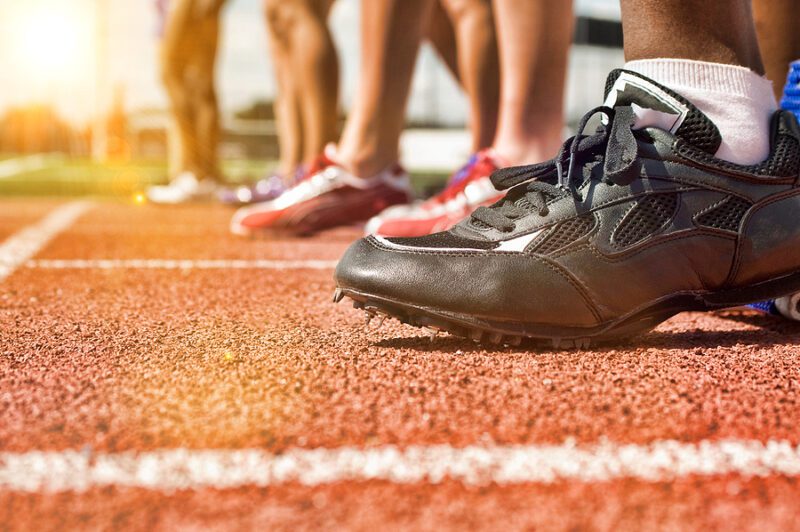Athlete Ally‘s newest Athletic Equality Index (AEI) provides the most comprehensive look at LGBTQ+ inclusion across all NCAA Division I athletic departments, and a blueprint for schools to model inclusion, especially given the record number of discriminatory anti-transgender athlete state bills seen so far in 2021.
This year’s report points to a concerning lack of comprehensive resources, policies and practices for LGBTQ+ students. As of March 2021, 92% of Division-1 athletic departments don’t have fully inclusive trans athlete policies. 70% of Division-I athletic departments don’t offer LGBTQ+ educational resources to athletes and staff, and 80% do not have a Fan Code of Conduct. Despite a growing number of athletes coming out as LGBTQ+ in college (and before being recruited), less than 3% of NCAA D-I athletes compete in departments that fully protect their LGBTQ+ identities.
“I don’t think I’d be comfortable going to a school if they weren’t thinking of inclusion.” – Aryn Bucci-MooneyTweet this
Last night’s historic NCAA Women’s Basketball Championship game featured two Pac-12 teams for the first time in history, and Pac-12 is the highest scoring conference of the AEI with an average of 68.8. The University of Arizona, whose women’s Basketball team made it to their first-ever Championship game, earned a perfect score of 100 on the AEI. Nine other schools received this distinction: The Ohio State University, Boston University, Kent State University, University of Miami, University of Southern California, George Mason University, University of California at Davis, the University of Illinois at Urbana-Champaign and the University of Pennsylvania. Even in states with active anti-transgender athlete legislation like Texas and South Carolina, schools such as Texas Christian University and Clemson adopted inclusive policies.
President Biden’s Executive Order on LGBTQ non-discrimination, which also applies to schools, is a promising step forward, but will require specific guidance from the Department of Education, and follow-through from individual institutions. In the meantime, especially for transgender student athletes who have increasingly been under attack from discriminatory state bills and lawsuits, knowing about trans-inclusion policies at potential colleges makes a tremendous difference. “I was the first trans kid on my wrestling team,” said high school junior Aryn Bucci-Mooney. “Having a resource like the AEI that lets me know if coaches and teams are inclusive, that this is even on their radar, is so important. I don’t think I’d be comfortable going to a school if they weren’t thinking of inclusion.”
Under the Trump administration, the LGBTQI+ community faced a harrowing political climate, with hate crimes soaring 43% in 2019. Under new leadership, we have renewed hope for greater inclusion in college athletics, but much work remains ahead. Campuses have an opportunity to provide LGBTQ+ student athletes with a safe place to be who they are. Now, more than ever, students are looking to their athletic departments to provide guidance, support and community, and to model the kind of inclusivity we hope to see in society as a whole.
